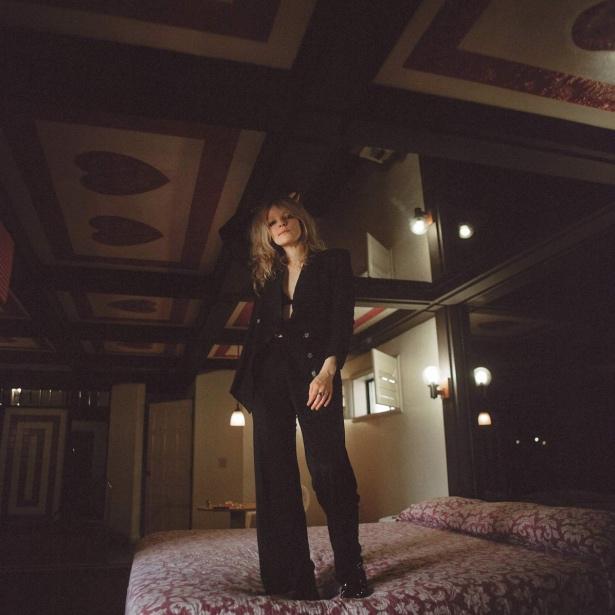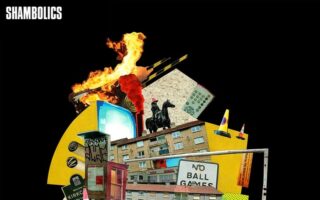For all the qualities Jessica Pratt’s music is rich in, its peculiar relationship with time is the one that’s the most undeniably headf***ing.
Quiet Signs sounds like it could’ve been written at any point during the last five decades such is the rootless universality of its grain; in making everything appear to have stood still, the Californian has stolen its secrets and convinced us she doesn’t exist. Take for example As The World Turns, which contains the first moment on which words appear, disembarking gently as if summoned up from a dimension somewhere between magic and the stars, Pratt’s voice elfin and yet indefinably alive. Built from little more than two or three repeated chords, the effect is mesmerising, an uncorking of the playful detachment from which the singer rarely deviates.
We begin, however, with Opening Night, its notes sketched from a gently coaxed piano, Pratt’s melodic hums drifting in from a distant breeze. The title is a reference to John Cassavates’ 1977 film of the same name, a visceral drama about the cost and duality of both performance and performing which she claims was a source of inspiration, albeit tangentially, throughout the recording process.
One aspect of the woozy disorientation Quiet Places brings on is the constant sensation of being in two places at once, the sound bending around vocals which are often gently distorted and hazy, the ambiguous words like shadows. Often voices come from the distant past; Fare Thee Well seems to be haunted by the spirit of Karen Carpenter, while all Here My Love’s gorgeous, skeletal bossa nova lacks is the footsteps and shy loneliness of Astrud Gilberto.
This chamber in which the silence is as loud as the notes is something which follows a trail of precedent: on her eponymously titled first album, Pratt recorded using solely analogue equipment, a deliberately lo-fi technique dispensed with for the first time here by relocating to a Brooklyn studio. The resultant shift meant even something this slight – nine songs clocking in at less than thirty minutes – took almost 18 months to finish.
The glacial pace of its creation has no bearing however on the richness and ethereal fascination of the material. On Poly Blue a flute spirals gaily, pirouetting around sing-song tones whilst the almosts and nothings are as happy and intimate as a stolen kiss. Like those, Quiet Signs is a series of simple pleasures, on Silent Song words pipe innocently about a state of mind that harbours both love and regret: ‘Soft, sweet as the air/I longed to stay with you/Or did I belong to my song?’, while the organ of closer Aeroplane gives it the tone of a weary confessional, the gentle flow weaving through the husk of another dead affair.
Musically there are few parallels with other artists who can induce this sort of dappled nostalgia – the only other obvious one being Scottish duo Boards Of Canada, who twenty years ago on Music Has The Right To Children fused cinematics, hip-hop and mellowed ambience into a dreamy teleport that remains a similarly tripped-out form of suspended animation.
In the end though, it all comes inevitably back to time: the time you’ll lose listening to this record until you’ve managed to work it out, and the time you’ll spend wishing you were listening to it instead of being distracted by the snakes of counterfeit real life.
Once locked away again from there, Quiet Signs will leave you stranded in your own head.




